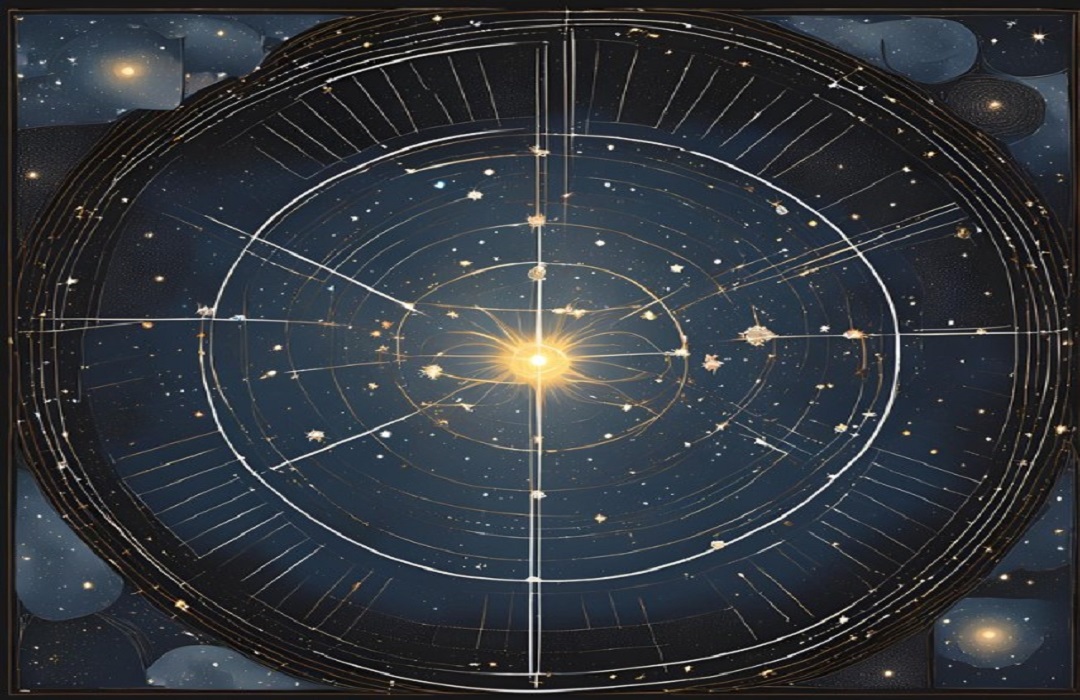Revisiting the Period Change and Frequency Analysis of a Variable Star SZ Lyncis
DOI:
https://doi.org/10.69650/ahstr.2024.2274Keywords:
Variable star, Period change, SZ LyncisAbstract
This study aims to investigate the period change of the variable star SZ Lyncis. The observations were conducted at the Regional Observatory for the Public, Nakhon Ratchasima (ROP-NMA), operated by the National Astronomical Research Institute of Thailand (NARIT), on January 8th-9th and February 19th-20th 2024. The data was acquired using the CCD camera with a B-filter mount on the 0.7-m reflecting telescope. We report the period change of 1.37(±0.08)´10-12 day cycle-1. Analysis of the O-C diagram revealed the presence of a binary companion with a semi-amplitude of 0.0052(±0.0002) days, the projected semi-major axis of 0.90(±0.04) AU, the eccentricity of 0.25(±0.09), and the orbital period of 1184.1(±1.5) days and the mass function of 0.07(±0.01) M⨀. We also identified the time-series light curve data using the Discrete Fourier transform (DFT) in the Period04 package and obtained results of four frequencies. The main frequency of 8.29630(±0.00002) cycle day-1 corresponds to a period of 0.1205357(±0.0000003) days. These results contribute to our understanding of the pulsation properties of SZ Lyncis and its binary system.
References
Barnes, T. G., & Moffett, T. J. (1975). Photometric properties and evidence of duplicity for SZ Lyncis. Astronomical Journal, 80, 48-55.
Breger, M., Stich, J., Garrido, R., Martin, B., Jiang, S.-Y., Li, Z.-P., Hube, D. P., Ostermann, W., Paparo, M., & Scheck, M. (1993). Nonradial pulsation of the delta Scuti star BU CANCRI in the Praesepe cluster. Astronomy and Astrophysics, 271, 482-486.
Breger, M. & Pamyatnykh, A. A. (1998). Period changes of Delta Scuti stars and stellar evolution. Delta Scuti Star Newsletter, 12, 7.
Collins, K. A., Kielkopf, J. F., Stassun, K. G., & Hessman, F. V. (2017). AstroImageJ: Image Processing and Photometric Extraction for Ultra-precise Astronomical Light Curves. The Astronomical Journal, 153(2), 77.
Deeg, H. J. (2020). A Modified Kwee–Van Woerden Method for Eclipse Minimum Timing with Reliable Error Estimates. Galaxies, 9(1), 1.
Irwin, J. B. (1952). The Determination of a Light-Time Orbit. Astrophysical Journal, 116, 211.
Kahraman, A. F., Çoban, Ç. G., Çelik, E., Dogan, D. S., Ekinci, O., & Aliçavuş, F. (2023). Discovery of delta Scuti variables in eclipsing binary systems II. Southern TESS field search. Monthly Notices of the Royal Astronomical Society, 534, 619-630.
Kwee, K.K., & van Woerden, H. A. (1956). Method for computing accurately the epoch of minimum of an eclipsing variable. Bulletin of the Astronomical Institutes of the Netherlands, 12, 327-330.
Lenz, P., & Breger, M. (2005). Period04 User Guide. Communications in Asteroseismology, 146, 53-136.
Li, L.-J. & Qian, S.-B. (2013). Observations and Orbital Analysis of the High-Amplitude Delta Scuti Star SZ Lyncis: The Unusual Orbital Precession. Publications of the Astronomical Society of Japan, 65, 116.
Moffett, T. J., Barnes, T. G., Fekel, F. C., Jr., Jefferys, W. H., & Achtermann, J. M. (1988). Orbital and Photometric Properties of SZ Lyncis. Astronomical Journal, 95, 1534.
Ostadnezhad, S., Forozani, G., & Ghanaatian, M. (2020). New CCD photometric investigation of high amplitude δ Scuti star V2455 Cyg. Research in Astronomy and Astrophysics, 20(7), 105.
van Genderen, A. M. (1967). Variations in the period and in the light-curve of SZ Lyncis. Bulletin of the Astronomical Institutes of the Netherlands, 19, 74.
Wang, S.-M., Qian, S.-B., Liao, W.-P., Zhang, J., Zhou, X., and Zhao, E.-G. (2014). Period study of the δ Scuti variable DE Lac. Bulletin of the Astronomical Society of India, 42, 19-25.

Downloads
Published
How to Cite
Issue
Section
License
Copyright (c) 2024 Asian Health, Science and Technology Reports

This work is licensed under a Creative Commons Attribution-NonCommercial 4.0 International License.













